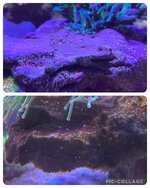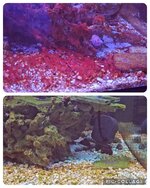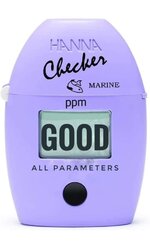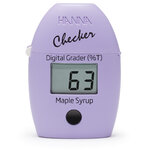Cody
Vice President
Staff member
Administrator
Moderator
Content Moderator
Board Member
Supporting Member
This is something that I've been toying around with over the last few years, but I'm starting to settle on the fact the the "big three" (alk, cal, and mag) aren't as important as I thought they were. After having used a Trident for years now that's regularly calibrated, I'm just not so sure how important those ever were. I've watched those numbers slowly trot all over the graph and didn't notice a change when they were on polar opposite sides. Mind you, the operative word here is "slowly", especially when it comes to alk. Cal and mag though? They can bounce around a lot and seem to have zero effect. On the other hand, I have found nitrates and phosphates to be vastly more important than any other chemistry parameter that I test for. If those get out of range then my tank has significant, and immediate impacts. Are y'all's experiences similar? How would you weight nutrients versus the traditionally three parameters that people test for?
















